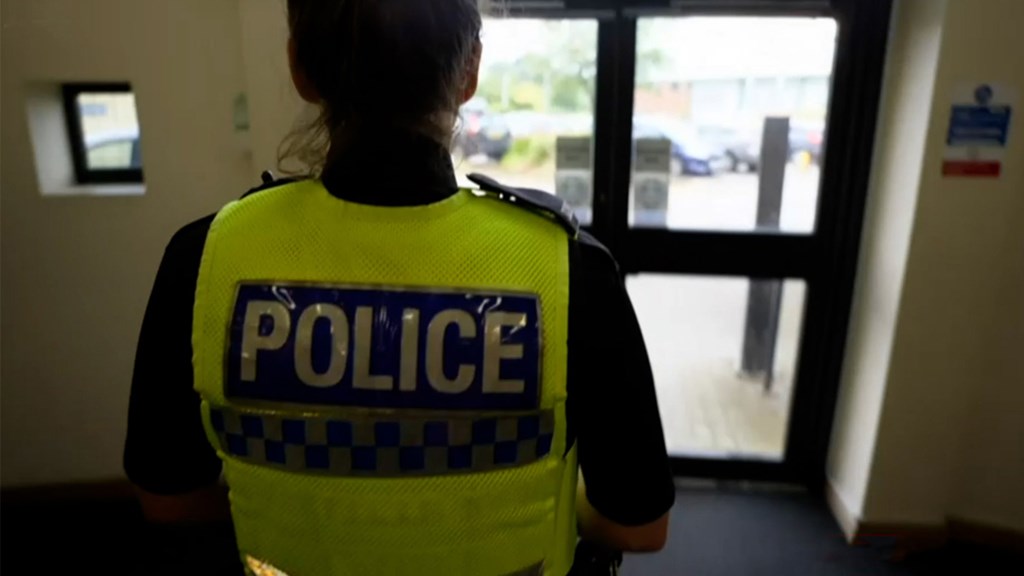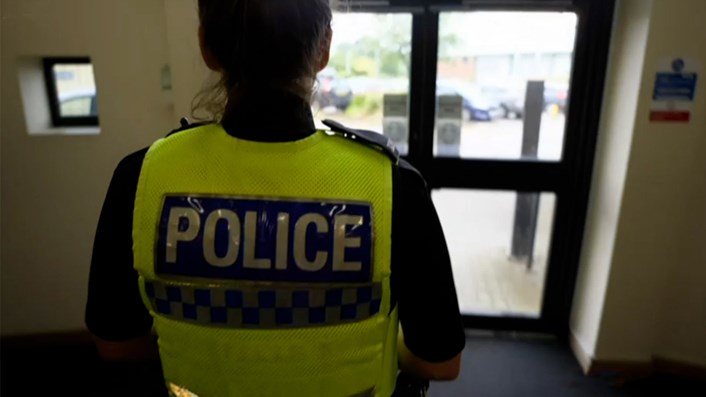
26 Jul 2023
1M officer hours saved with new approach to mental health
Forces will adopt new model to ensure specialist care for health incidents.
As a national partnership agreement is today (26 July 2023) signed, police forces across England will begin rolling out a new approach to dealing with health incidents where policing is not always the best agency to respond.
While some mental health incidents do require police attendance, there are a significant number which involve no safety risk or crime.
The new approach will mean police stop attending a lot of health incidents, unless there is a significant safety risk or crime being committed, and instead refer these to the appropriate partner agency.
Where police officers do take a person in a mental health crisis to hospital under the Mental Health Act, the agreement emphasises the need for local partners to work towards handovers happening in one hour.
Estimates show that implementing the principles of Right Care Right Person could save around one million police officer hours each year.
A national toolkit has been developed by the National Police Chiefs’ Council (NPCC) and the College of Policing to support police forces in implementing Right Care Right Person, which will see vulnerable people receiving the specialist health support they need.
Deputy Chief Constable Rachel Bacon is National Police Chiefs’ Council Lead for Mental Health. She said:
“We know there are thousands of incidents each year in which police officers are not best placed to provide the specialist expertise and support people need.
“We are now able to put a number on the many hours officers spend waiting with patients in hospital, attending incidents where someone really needed an ambulance or doing welfare checks for individuals under the care of a health agency.
“I do want to reassure our communities that the police will always be here to protect you and will always attend incidents where there is a threat to life. This is not about us stepping away from mental health incidents, it is about ensuring the most vulnerable people receive the appropriate care which we are not always best placed to provide. There’s also evidence that in some instances, police attendance could have a negative impact on the individual, making them feel criminalised when what they need is specialist help.
“Making Right Care Right Person a success relies on close working with our partners in health and social care and we are grateful for their support in both the national partnership agreement and local implementation. We all want to achieve the same goal of ensuring people receive the care and expertise they need from the right agency.”
Chief Constable Andy Marsh, CEO at the College of Policing, said:
“The public want police catching criminals and protecting them from harm. Attending mental health calls is not always appropriate and these changes will strike a better balance so that the public receives the service they want.
“Police are not trained mental health professionals and the new toolkit will triage incoming calls to police so that the public receives the best response. The toolkit is unique in policing and will offer support and guidance to call handlers when managing mental health, concerns for welfare and missing persons.
“This is a change for policing across England and Wales and the College of Policing will be supporting forces as they focus their efforts on keeping their neighbourhoods safe.”
The Association of Police and Crime Commissioners’ Mental Health Lead, Lisa Townsend, said:
“The National Partnership Agreement represents a vital first step to ensuring vulnerable people receive the right care from the right person.
“For too long, we have seen the police step up to respond to non-emergency mental health calls, often spending long periods of time with people when what they really need is specialist medical support. The police are not medical professionals, and we should not expect them to be.
“This is why we have launched this new partnership agreement. Moving forward, Police and Crime Commissioners will work closely with cross-government colleagues, police, health and social care partners to ensure vulnerable people receive the necessary support, whilst at the same time freeing up police resources to tackle crime and deliver safer communities for the public."
The Right Care Right Person approach is based on a model developed by Humberside Police in 2021 which has also been implemented by other forces including Lancashire Police, South Yorkshire Police and North Yorkshire Police.
Police forces across England and Wales will begin implementing Right Care Right Person following the toolkit produced by the College of Policing and NPCC. Each force will develop a bespoke implementation plan and work with local partner agencies to embed the approach.
The national partnership agreement is in place for England. However, forces in Wales continue to work closely with Welsh Government and partners to achieve the principles set out in Right Care, Right Person.
Notes to editors
- If all forces in England realised time savings similar to those reported by Humberside police, this could save around one million hours of police officer time per year. There is currently no standard measurement for estimating police officer time spent on mental health incidents. This figure is an estimate using local population figures as a proxy for potential mental health demand to calculate the overall officer hours saved for England assuming the number of Humberside officer hours saved (1,441 per month) was achieved elsewhere. These monthly officer hours saved represented reduced deployment to concern for safety and mental health incidents reported by Humberside Police
- There were almost 37,000 individuals detained by police in England and Wales under Section 136 in 2021/22.
- Use of the Section 136 has increased by 10% in the last four years.
- 2021: 4.3 million referrals to NHS mental health services. (An increase from approximately 3.8 million referrals in the years 2019 and 2020)
Please find below DCC Rachel Bacon's speech from the RCRP press conference, held at the Home Office on 25 July, 2023.
Contact information
Communications office
By phone: 0800 538 5058
By email: press.office@npcc.police.uk


